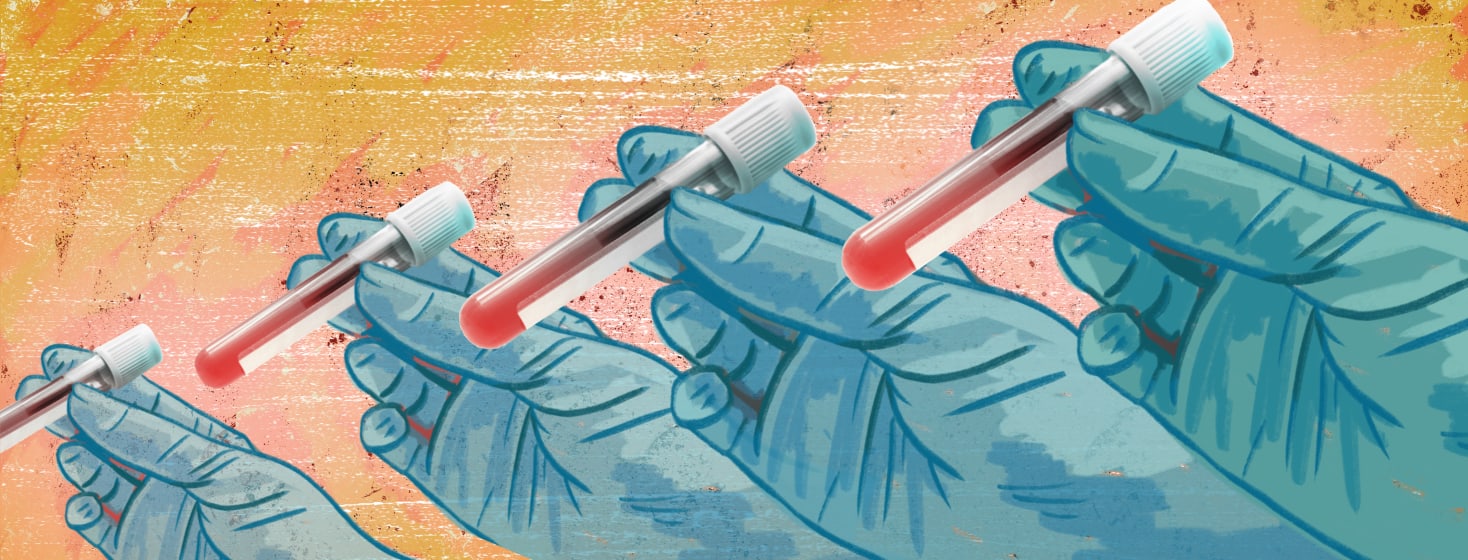Race-Based Kidney Calculations: A Barrier That Should Have Never Existed
Imagine fighting for your life on dialysis. Every moment counts as you wait for a kidney transplant. Then, you find out the healthcare system has placed yet another obstacle in your way – just because you’re Black.
I spent nearly 5 years on dialysis before I finally received a kidney transplant. But I can’t help but wonder – did race-based medical calculations make me wait longer in the beginning? Could I have been listed sooner if my kidney function had been measured accurately? I will never know for sure, but the thought lingers.
For years, doctors used a race-based adjustment in the glomerular filtration rate (GFR) equation – the test that measures kidney function. This practice began in 1999, when researchers assumed Black people had naturally higher muscle mass, which supposedly affected kidney function. But this wasn’t based on real science. It came from flawed studies and outdated racial assumptions.
This or That
Are you currently on dialysis?
It took until 2020 for the medical community to widely acknowledge how much harm this calculation caused. By 2021, the National Kidney Foundation and the American Society of Nephrology recommended removing race from GFR calculations.
The damage done
The shortage of kidney donors already puts thousands of lives at risk, especially in the Black community. On top of that, race-based GFR calculations made things even worse. Many Black people weren’t even considered “sick enough” to qualify for a transplant.
And that reality is heartbreaking.
I remember seeing a Facebook post from a young Black man searching for a kidney donor. Just as I was about to share it, I read in the comments that he had already passed away. The shock hit me instantly.
I didn’t know him, but I knew his struggle. I knew what it was like to sit on that waiting list, hoping and praying for a miracle. And just like that, his time had run out. I grieved for him for days because I understood exactly what he had been up against.
And there are thousands of stories just like his.
I’ve seen too many announcements like his. And it’s hard not to feel angry when I think about how many lives were lost because of a flawed calculation that should have never existed in the first place.
The fight to fix it
Thankfully, after years of advocacy, doctors, and researchers finally removed the race adjustment in GFR calculations. Now, all people – no matter their race – are measured using the same formula. For some, this change came just in time. For others, it came too late.
Joel Bervell, also known as the "Medical Mythbuster," helped push this issue into the public eye. Through his platform, he exposed how race-based GFR calculations harmed Black people. His work, along with the voices of many advocates, made the medical community take action.
The fight for health equity isn’t over
Removing race from the GFR equation was a big step, but it’s just one part of a bigger issue. The conversation about fairness in healthcare is far from over. The goal isn’t just to fix past mistakes – it’s to build a future where no person is overlooked or delayed in getting care.
We need to bring everyone to the table – people, doctors, researchers, policymakers, and advocates – to ensure kidney transplant evaluations are as accurate and fair as possible. There are still gaps in care. There are still disparities that make it harder for some people to get transplants in time. The question is: How do we make sure the system works for everyone?
Featured Forum
View all responsesThat means investing in research, improving early kidney disease detection, and encouraging more Black organ donors. It also means making sure every person is evaluated based on their actual health needs – not outdated assumptions.
This is just the beginning of a much-needed conversation. We all have a role to play in shaping a system that truly serves everyone. Because at the end of the day, the goal is simple: to make sure every person, no matter their race, gets the best possible chance at life.

Join the conversation